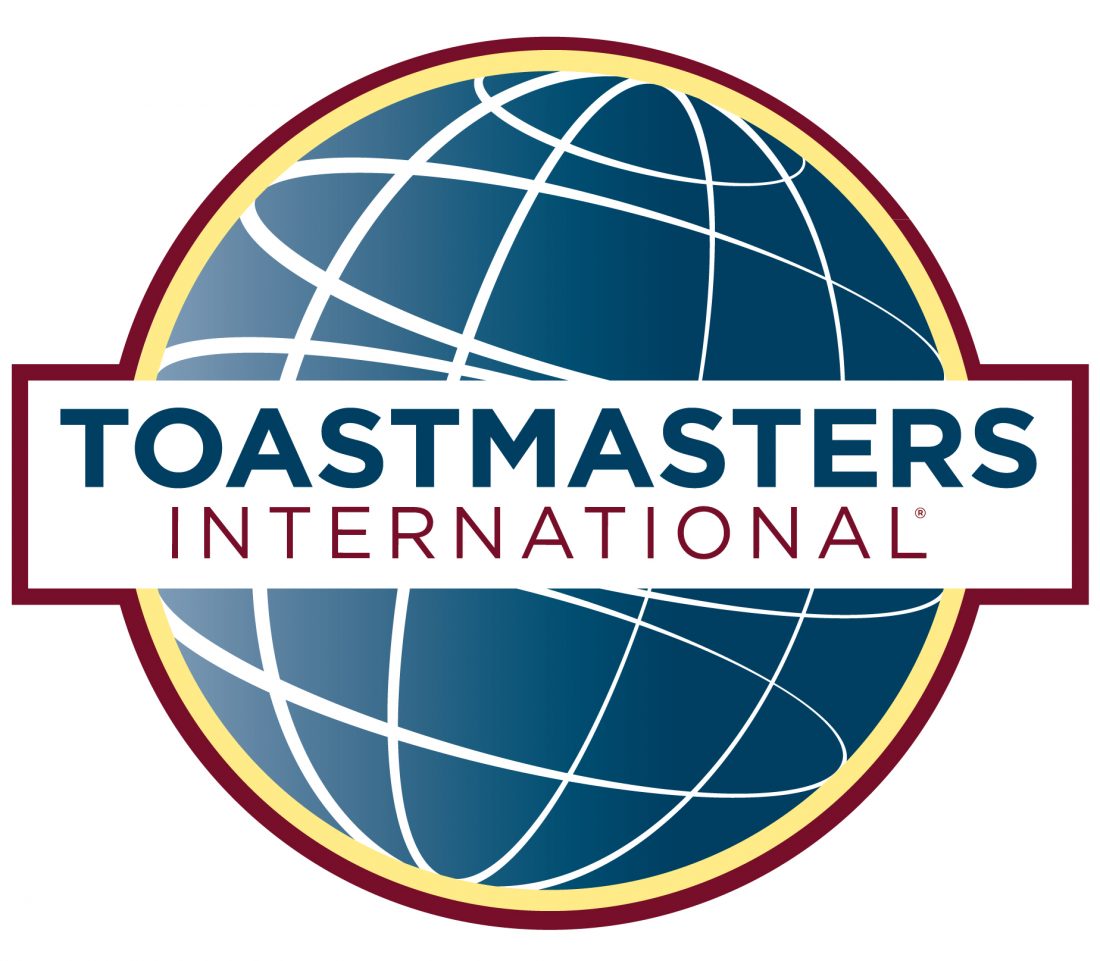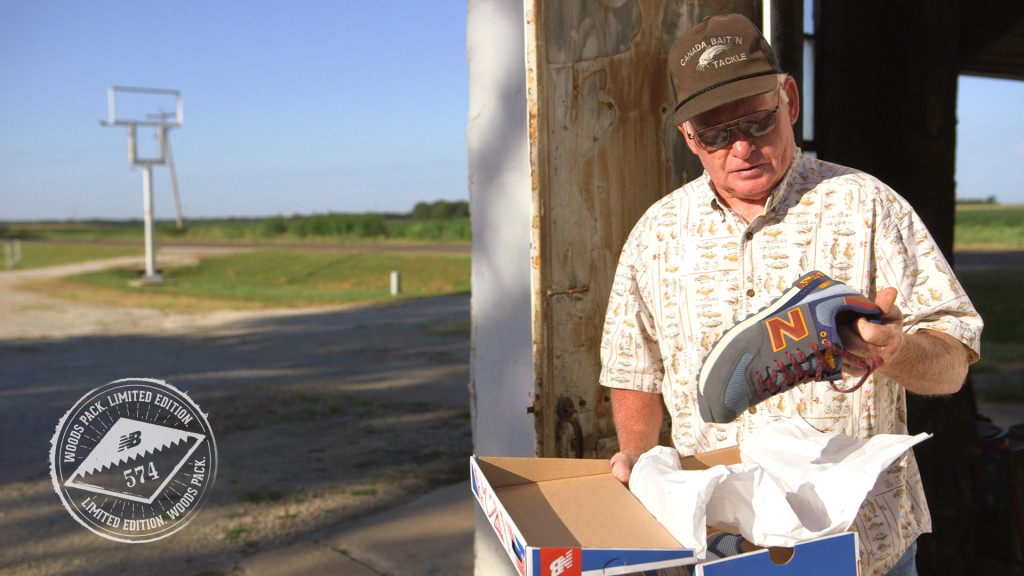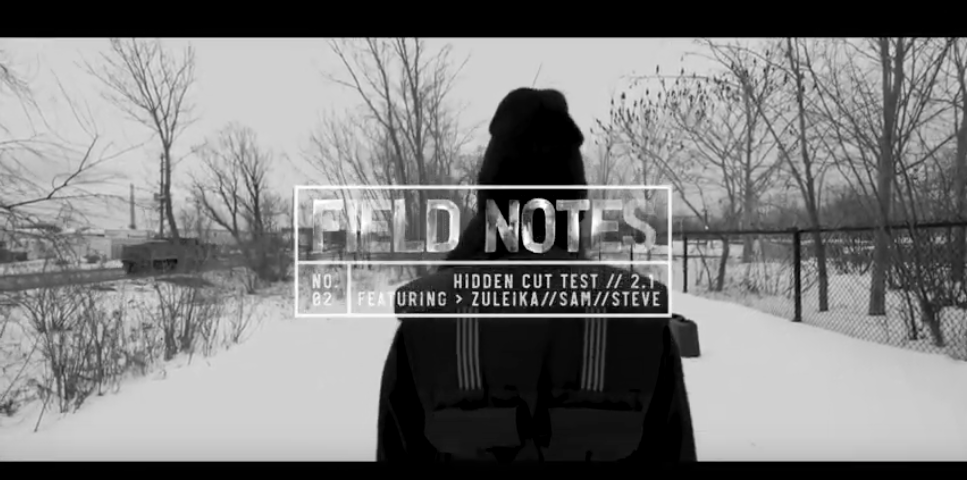
10 Tips for Successful Storytelling… Toronto-Style
January 15, 2013
The room was full, the faces mostly young and diverse with bright eyes and, as I found out an hour later, bright minds. I was at the Toronto Debate Toastmasters on the grounds of U of T.
Six brave and talented individuals got up in front of their peers and debated the issue of the day: “should all businesses engage in impact investing?”
We heard about the role of government, TOMS shoes, the utility of Facebook, the idea that companies should leave it to the charities who are the experts rather than engage in social issues. A group of six – half for whom English wasn’t their first language – they built their arguments following strict protocol while judges in the audience counted ums and ahs and checked grammar, timing and style.
 For me this was all a revelation. As Laura Mitchell told me after the event, “there are people who would rather die than stand up and speak in front of an audience… like, they would rather be in the coffin than give a eulogy.” While I’m no shrinking violet, I’ve always been nervous speaking in front of groups larger than can squeeze around a large dining table. But as I navigate Toronto; this big city full of successful, brash people, I always think I’m the only one that suffers from doubt, sweats, and loses sleep the night before giving a speech or sitting on a panel. But here I saw young, ambitious, bright people stand up and take their fear by the throat. It was powerful and it was inspirational to see people embracing their fear, overcoming it and giving constructive feedback to each other – all with the goal of self-improvement.
For me this was all a revelation. As Laura Mitchell told me after the event, “there are people who would rather die than stand up and speak in front of an audience… like, they would rather be in the coffin than give a eulogy.” While I’m no shrinking violet, I’ve always been nervous speaking in front of groups larger than can squeeze around a large dining table. But as I navigate Toronto; this big city full of successful, brash people, I always think I’m the only one that suffers from doubt, sweats, and loses sleep the night before giving a speech or sitting on a panel. But here I saw young, ambitious, bright people stand up and take their fear by the throat. It was powerful and it was inspirational to see people embracing their fear, overcoming it and giving constructive feedback to each other – all with the goal of self-improvement.
I was there to talk about storytelling, something that I should be able to talk about by now. But as always the process of preparing for any speaking engagement fills me with dread. I want to be concise. I want to be relevant. I want to be original. I want to be insightful. I want to be educational. And I want to be comfortable telling my story and I want to see nodding heads, smiles and questions.
And on this night I mostly did okay. But everyone reviewed my presentation and in the minutes they had to spare, literally 2 or 3, I was handed 50 clear, thoughtful analyses of my presentation. They pointed out that I emphasize the use of clear, concise communications and they suggested that the word denouement might not have been the best choice of words when describing story arc.
They caught me breaking one of my golden rules – the one time that I did.
I suggested that storytelling focusing too much on the WHAT, the laundry list, is not the most successful way of engaging an audience. I emphasized the importance of taking about outcomes, results and stories that prove or support your theme rather than long lists. And lastly one observant attendee pointed out that when people asked me questions at the end that while I was considering my answer that I would look down or away. A bad habit that helps me shut out the stimulus and quickly gather my thoughts. Will work on that.
They asked me about my sources, books that might help them, articles or videos that would help, so I promised to write this blog. Here are some of the great things we found on the web that helped me construct my Top 10 List for Successful Storytelling.
1. Check out Brainpickings for several links to great storytellers tips. From Vonnegut to Kerouac and a video featuring Ken Burns, this one posting is a cornucopia of curation.
2.This is gem on the power of Malcolm Gladwell’s storytelling.
3. Eric Galen wrote an interesting blog on what he calls the “hit zone” – the sweet spot between your uniqueness, your authentic self and the sellable self. Check out his simple venn diagram.
4. I also recommend you search Pinterest for storytelling infographics if you are a visual learner.
5. On Writing by Stephen King is genius for anyone who wants to be a better writer — fiction or non-fiction.
6. As well, since there were so many in the audience that are in the middle of sorting out their own story, I suggested Po Bronson’s What Should I Do With My Life because the take away from that book is that the meandering course is the course of many successful, fulfilled individuals.
My last suggestion, one I didn’t need to mention to this particular group, one of the best ways to become a good storyteller is to get out there and start telling your story.
And try Toastmasters as well, it might be a great step for you. For more informaiton check out their website. Their next debate meeting is at 5:45pm on Jan 28 at the U of T Faculty Club in Toronto.
You can download at pdf of my full presentation Top 10 List for Successful Storytelling here.





